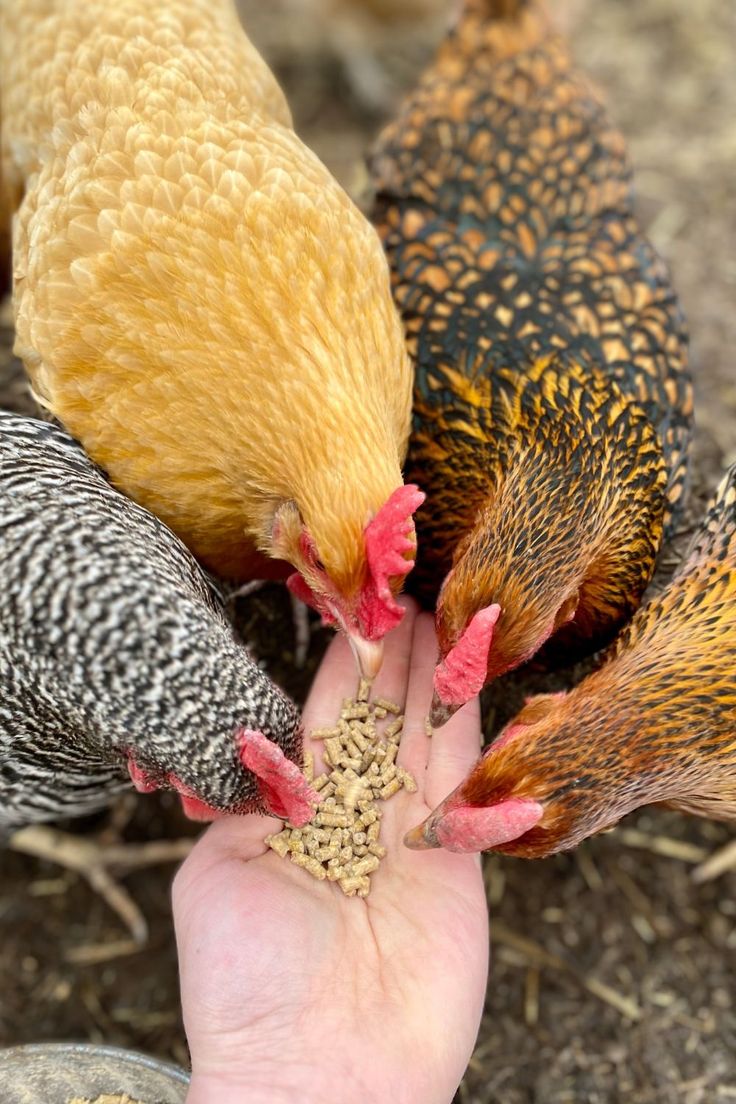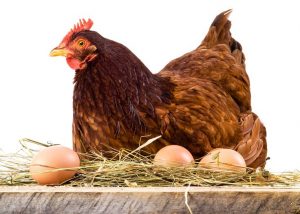Proper feed and nutrition are crucial for the health and productivity of local chickens. Here are some key points to consider when it comes to local chicken feed and nutrition:
- Balanced Diet: Local chickens require a balanced diet that includes a combination of carbohydrates, proteins, fats, vitamins, and minerals. The feed should be formulated to meet the specific nutritional needs of the chickens at different stages of growth, such as starter feed for chicks, grower feed for young chickens, and layer feed for laying hens.
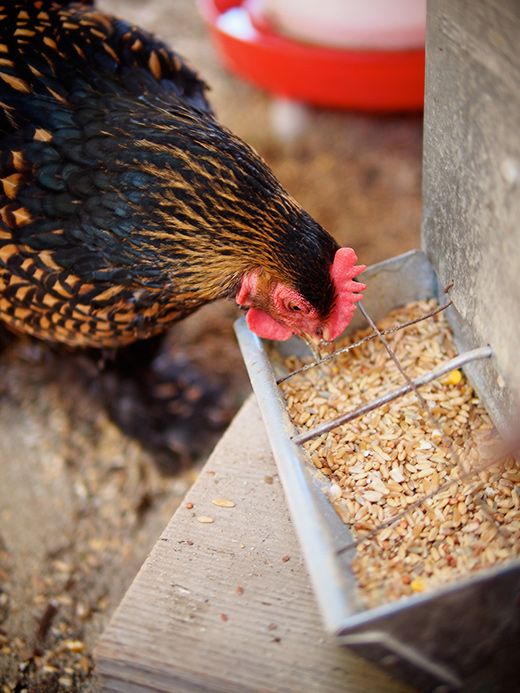
- Energy Sources: Carbohydrates are the primary source of energy for chickens. Common energy sources in chicken feed include grains like corn, wheat, and barley. These grains should be properly processed to improve digestibility.
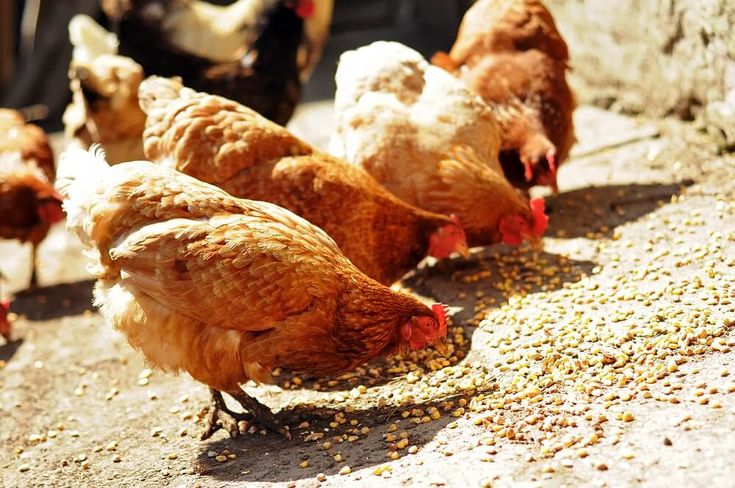
- Protein Sources: Protein is essential for muscle development and egg production. Good protein sources for local chickens include soybean meal, fish meal, meat meal, and poultry by-products. The protein content in the feed should be adjusted based on the age and purpose of the chickens.
Not to mention, our company can help you to start by giving you all the necessary information you need to get started if not yet in the business. Please check our online shop, we have all the standard business proposals for different capacities at very a cheap price made by the best agricultural specialists as well as Standard design plans that are made by the best agricultural architects around the globe. please visit our online shop now using the links below to witness by yourself
Design plans (FARM HOUSE DESIGNS – Kimd Construction & Farm Consultants)
Business plans (BUSINESS PLANS & PROPOSALS – Kimd Construction & Farm Consultants)
Welcome back from visiting our shop, hope you have placed your order for any of our products or you can place it after navigating more of our informative articles.
So let us continue with the article!
- Vitamin and Mineral Supplements: Local chickens require vitamins and minerals for overall health and disease prevention. Common supplements include vitamin A, vitamin D, vitamin E, and calcium. These can be provided through commercial vitamin and mineral premixes or through natural sources like green leafy vegetables and oyster shells.
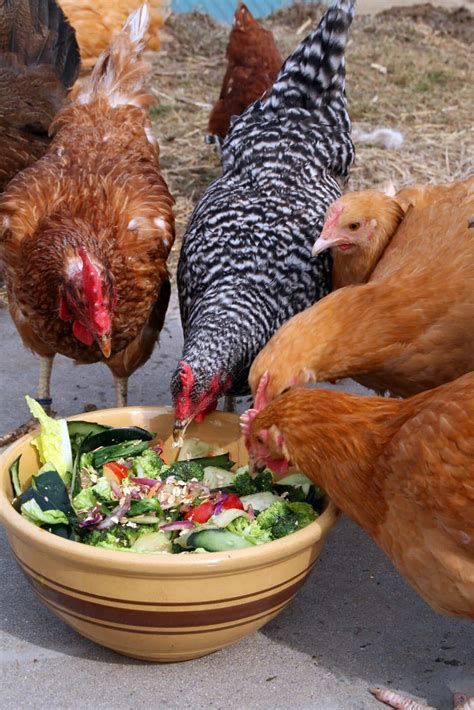
- Access to Greens and Insects: Local chickens should also have access to fresh greens and insects. This allows them to supplement their diet with natural sources of vitamins, minerals, and protein. Farmers can provide free-range or pasture access for chickens to forage and supplement their feed intake.
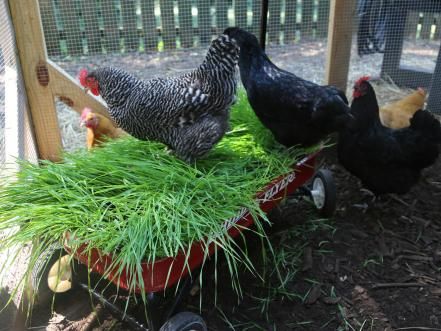
- Water Availability: Clean and fresh water should be available to chickens at all times. Water is essential for digestion, nutrient absorption, and overall hydration. It is important to regularly clean water containers to prevent the spread of diseases.
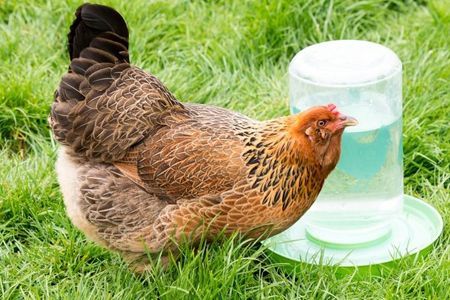
- Feed Quality and Storage: It is crucial to ensure that the feed is of good quality and free from contaminants. Farmers should source feed from reputable suppliers and store it in a cool, dry place to maintain its nutritional value. Feed should be used within the recommended shelf life to prevent spoilage.
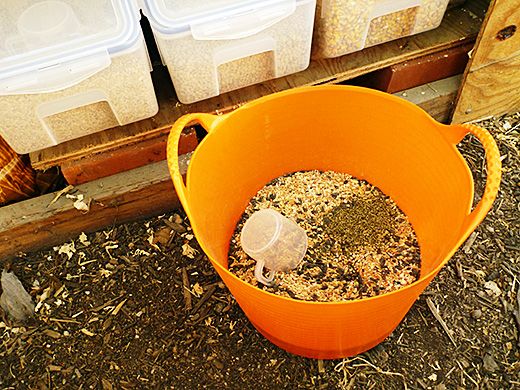
- Regular Monitoring: Farmers should regularly monitor the body condition and growth of their chickens to ensure they are receiving adequate nutrition. Adjustments can be made to the feed formulation based on the specific needs of the flock.
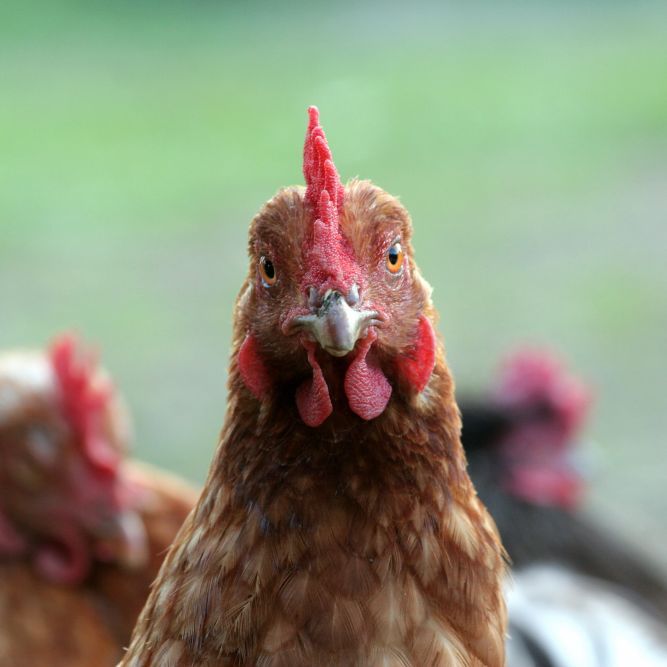
By providing a balanced diet and ensuring proper nutrition, smallholder farmers can promote the health, growth, and productivity of their local chickens. It is recommended to consult with local agricultural extension services or poultry experts for guidance on feed formulation and nutrition management specific to the local chicken breed and farming conditions.

